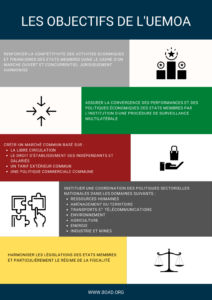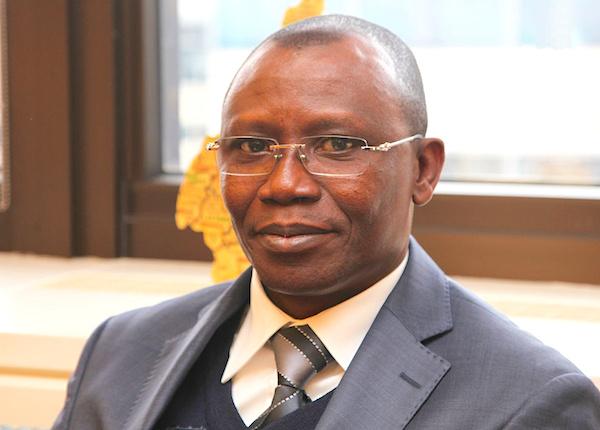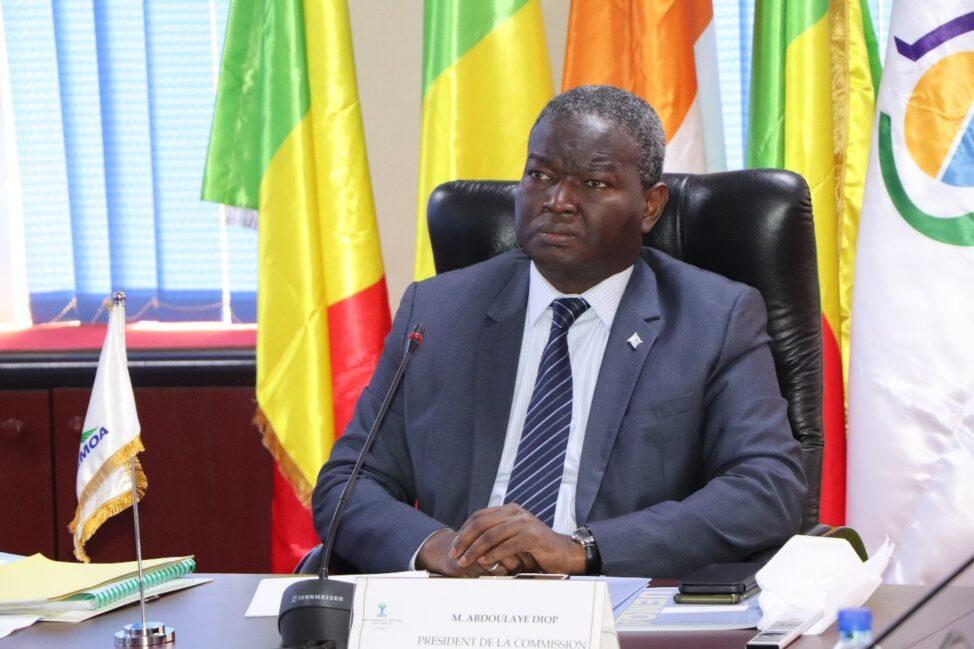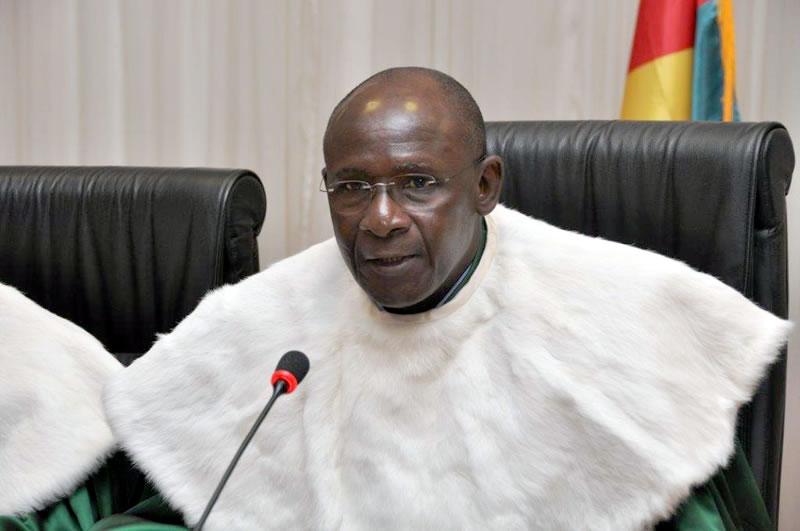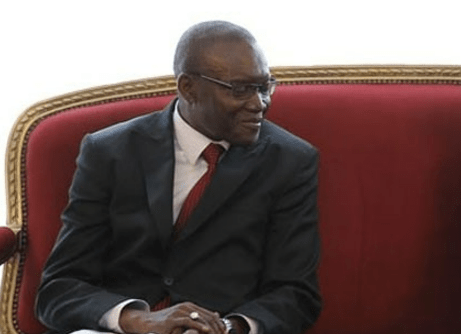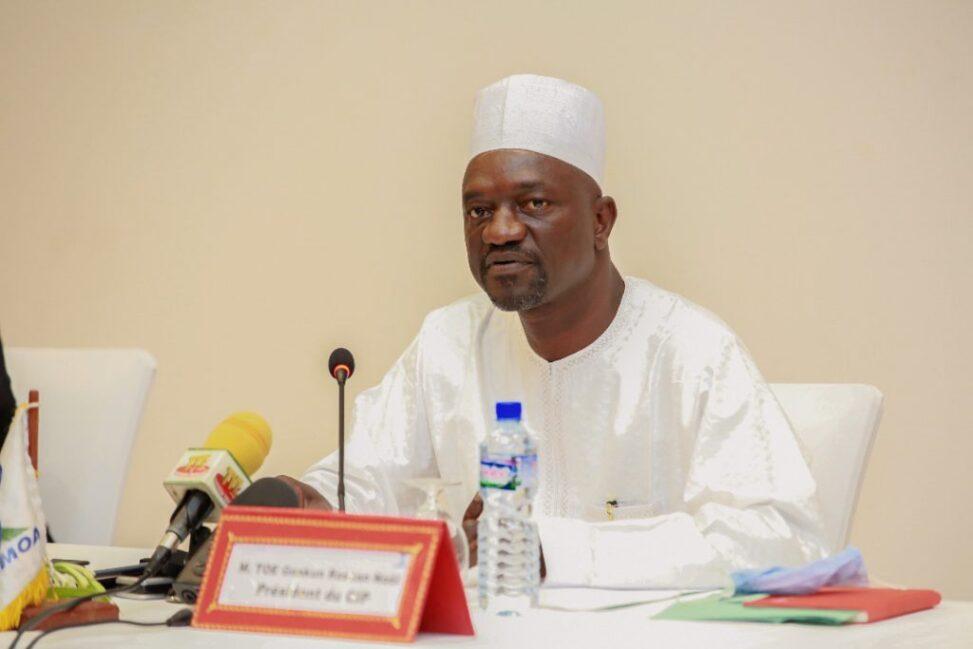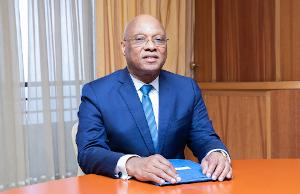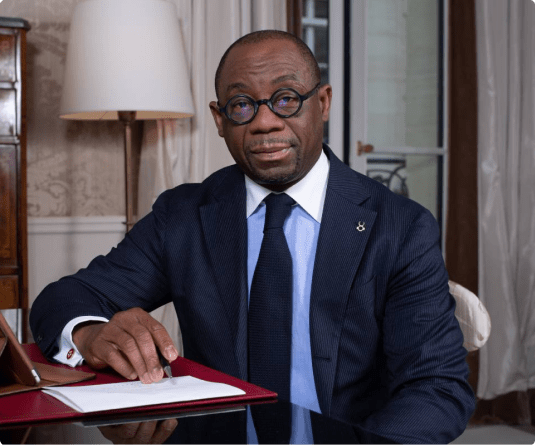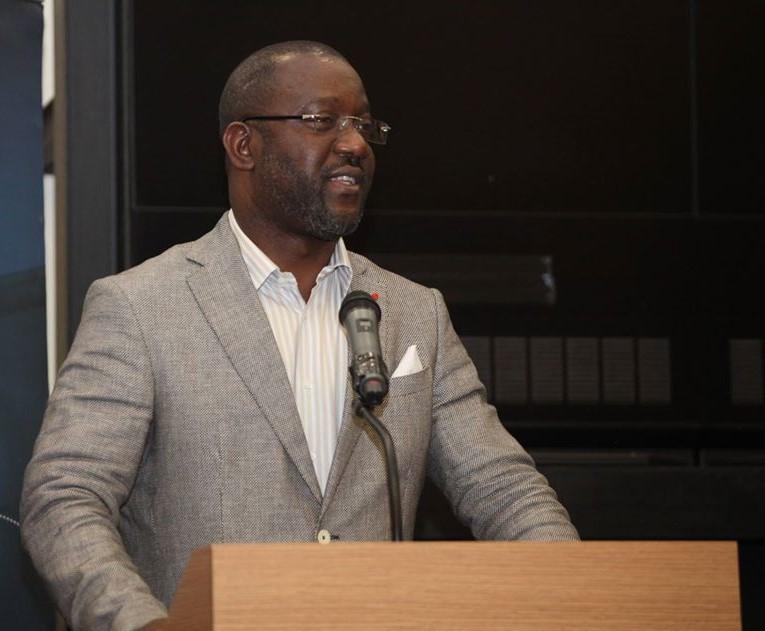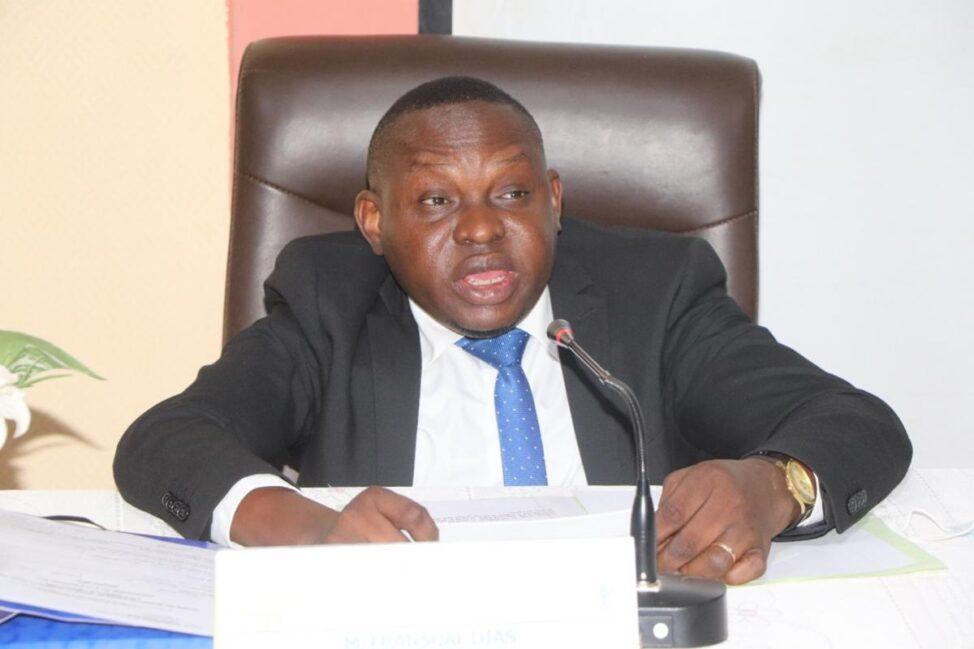The West African Economic and Monetary Union (UEMOA) was created on January 10, 1994 in Dakar. The main purpose of the Union is to build an integrated and harmonized economic area, which guarantees member countries the free movement of people, goods and services, capital and factors of production, as well as the effective enjoyment of the right to exercise and establish liberal professions and the right of residence of citizens within their borders. Find out more about UEMOA’s constituent bodies.
Organization chart :
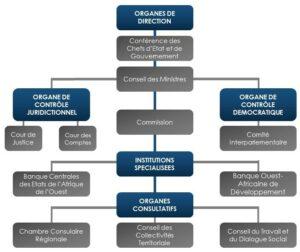
Governing and advisory bodies, as well as autonomous specialized institutions such as BOAD, contribute to achieving the Union’s objectives.
